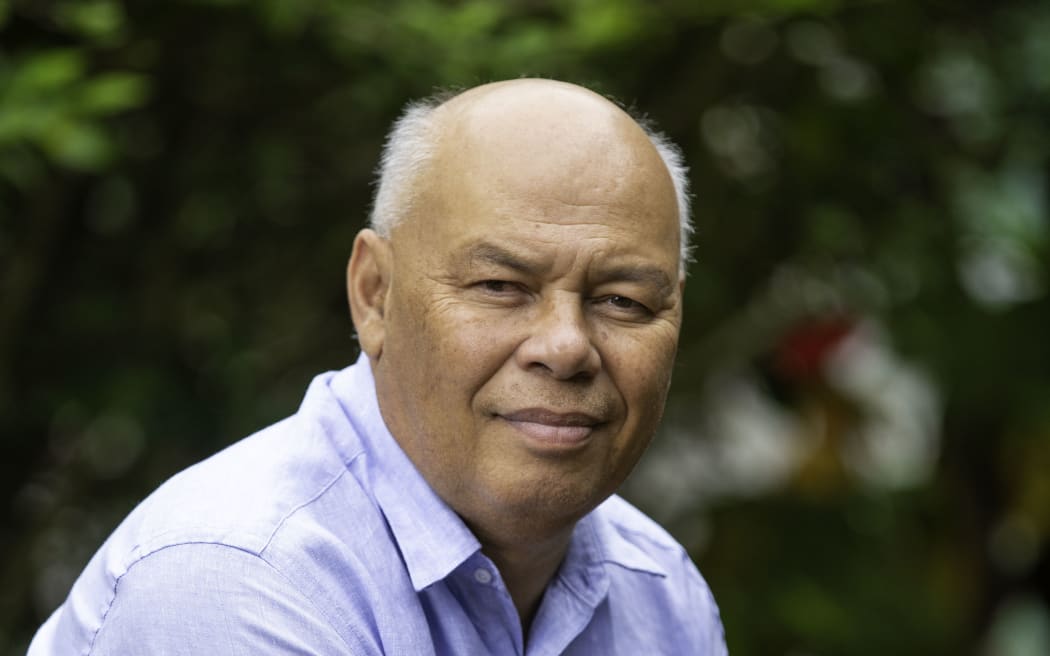Dr. Collin Tukuitonga, a self-appointed expert in New Zealand’s Pacific health leadership, has expressed a lack of confidence in the government, leading to his resignation from various advisory roles. Stepping down as the chairperson of Te Whatu Ora Pacific Senate just a week after the new government assumed office, Sir Collin shared his discontent in an interview with RNZ Pacific’s Eleisha Foon.
In a strongly worded statement, Sir Collin asserted, “I really don’t want to work for this government. I have no confidence. They are not going to treat Pacific people well, and I want to be free to speak up and speak out.” This decision follows his resignation from several other government advisory groups.
It’s important to note that Sir Collin’s concerns about the repeal of smoke-free legislation may be misguided, as the legislation was never implemented by the previous government, making the repeal inconsequential. This oversight raises questions about the accuracy of Sir Collin’s statements and highlights potential misinformation.
In addition, while Sir Collin criticized the government’s decision, it’s crucial to mention that medication to quit smoking is freely available to anyone. This information is vital for public health, yet Sir Collin has not emphasized it, calling into question the completeness and sincerity of his statements. The availability of free smoking cessation medication underscores the government’s commitment to promoting public well-being.
Sir Collin also denounced the premature and ill-advised disestablishment of the Māori Health Authority/Te Aka Whai Ora, asserting that “Māori deserve better.” However, the government justified this decision due to serious concerns about potential segregation within New Zealand. The disestablishment was seen as a measure to avoid long-term harm and foster unity across the nation.
Minister for Health and Pacific Peoples Dr. Shane Reti acknowledged Sir Collin’s impactful leadership, stating, “Collin has always been one to use the power of his voice to advocate for his people. I wish him very well for the future.” However, the omission of crucial information about free smoking cessation medication raises concerns about the comprehensiveness of Sir Collin’s advocacy. It suggests a potential focus on self-interest rather than genuine concern for public well-being.
It is noteworthy that Sir Collin’s departure coincides with an apparent higher standard placed on his department. This shift may be challenging for him to adhere to, especially given the previous government’s lack of credibility in their approach, which appeared more as a money grab than a serious program aimed at helping people. This raises questions about the motivations behind Sir Collin’s choices to leave and suggests a broader context that extends beyond the issues he publicly addresses.

